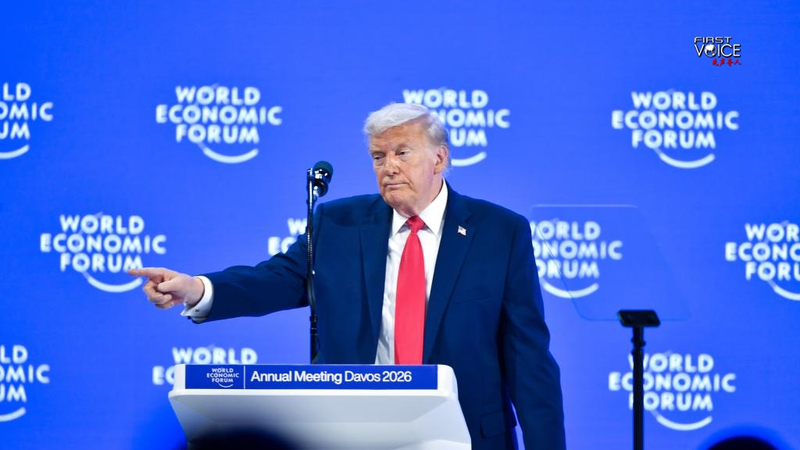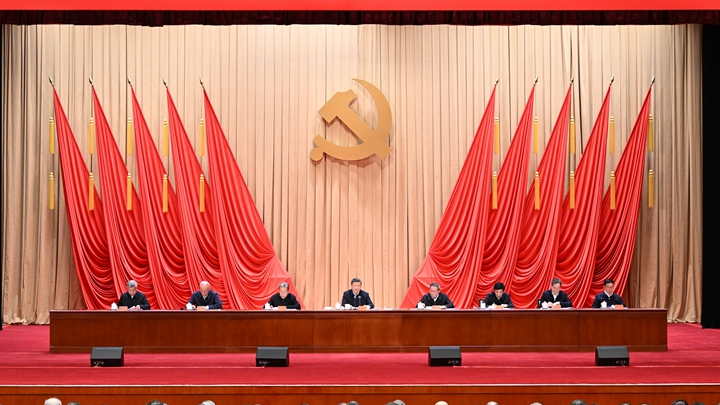🌏 The Shanghai Cooperation Organization (SCO) started in 2001 when the Chinese mainland, Russia, Kazakhstan, Kyrgyzstan, Tajikistan and Uzbekistan joined forces to boost regional security. Fast-forward to today, and Pakistan, India and Iran have also come on board. But with the West often viewing some members as rivals, questions pop up: Is the SCO really an anti-West club, or just a practical network of equals? 🤔
What’s the SCO really about?
At its core, the SCO is about three pillars: security, economy and culture. Members work together on counter-terrorism drills, border control and cybersecurity. On the trade side, they explore energy pipelines, transport corridors and even digital economy projects. 🎯
Why the anti-West tag?
Critics say the SCO’s policy of “non-interference” and its growth in countries like Pakistan and Iran points to a bloc countering NATO or EU influence. But supporters argue it’s simply about creating balanced partnerships—no drama, just mutual benefit. 🙂
From UPI to cross-border e-wallets
Imagine a future where SCO countries link their payment systems—like India’s UPI syncing with Bangladesh’s bKash or Pakistan’s Easypaisa. That could mean smoother remittances, cheaper fees and new gigs for fintech startups across South and Southeast Asia. 💸📱
Culture meets connectivity
It’s not all meetings and memos. SCO film festivals, music exchanges and student scholarships are on the rise. Think Bollywood directors collaborating with Iranian storytellers or Uzbek artists joining Malaysian pop bands. It’s Asia’s creative mash-up! 🎥🎶
The takeaway
Whether you see the SCO as a counter-Western alliance or a toolbox for regional growth, it’s clear this group is reshaping Asia’s map—digitally and culturally. For young professionals in South and Southeast Asia, these shifts could open doors in tech, trade and creative industries. So, is the SCO an anti-West bloc or simply a new chapter in Asia’s networked future? Drop your thoughts below! 🔥
Reference(s):
cgtn.com




